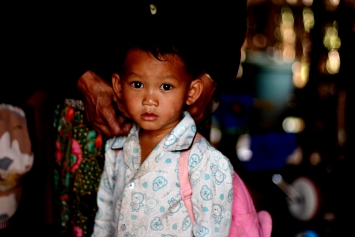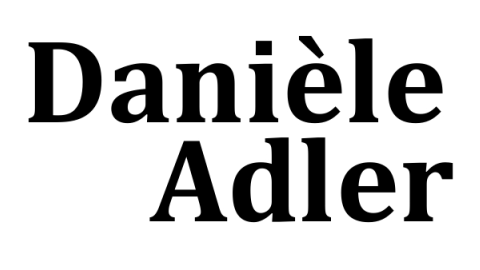
If we had to mention just one reason to care, it would be that education is a human right. It was enshrined in 1948 in the Universal Declaration of Human Rights.
And yet, here we are, sixty years later. Despite progress in the past decade, 52 million children still do not go to school. This is due to a shameful lack of investment. Many low income countries invest less than 2 percent of their GDP in education. What’s more, it is the poor cousin of the international aid system. Only $2 billion go to education when 16 billion would be needed. In comparison, the worldwide military expenditure for 2015 was $1.5 trillion…
You may ask: “Is an education that useful when you have to struggle just to feed yourself?” You could also refer to Rousseau. In Emile, he stated that children better learn by freely experiencing the natural world. He said this is a better way to develop their faculties than giving them formal lessons.
So, why are we now pushing so hard to give all children a school education? Wouldn’t they be better off if we’d just let them learn by themselves?
No, they would not.
Numerous studies have shown how critical it is to give a child even a basic education. It can change their whole life for the better. Any government with a sense of public interest should invest massively in education. According to Irina Bokova, the Director-General of UNESCO:
“When you fund education, you are securing progress towards all the Millennium Development Goals.”
Here is why.
- Education beats poverty.
Education breaks the vicious circle of poverty. With just basic literary and numerical skills, people can improve their standard of living. Compared to the uneducated, they have more job opportunities and, therefore, more revenues. In the end, this benefits the whole society.
According to the UN and the UNESCO:
- 171 million people could go out of poverty if they had basic reading skills.
- One extra year of schooling increases a person’s earnings by up to 10 percent. It can also lift a country’s annual GDP by 0.37 percent.
- Education protects children.
In many low income countries, children are vulnerable to abuse and exploitation. Often, schools provide them with a safe haven. Apart from an education, they get food, clean water and health care. During a crisis, this is also where they can get a sense of normalcy. Of course, this is good for their personal development.
- Education improves the girls’ condition.
Too often, girls are the outsiders of education. Yet, whenever they get one, it empowers them and improves their life forever. They are likely to marry later and have fewer children. They are also better paid at work and have more control over the household.
According to Voice and Agency: Empowering Women and Girls for Shared Prosperity:
- Worldwide, 65 percent of women who lack schooling are married as children. Also, they are not involved in the households’ decisions and are victims of wife-beating. Only 5 percent of women with secondary education or higher are subject to these.
- Education reduces child mortality.
Educating the girls has a direct impact on the reduction of child mortality. The child of a literate woman is 50 percent more likely to survive past age five than the child born to an uneducated mother. There is no miracle in that. It’s only because educated mothers tend to immunize their children. Also, they have more money to feed them.
- In Indonesia, child vaccination rates are 19 percent when mothers have no education. When they have a secondary education, the rates are up to 68 percent.
- In Niger, the child of an educated woman is four times less likely to suffer from malnutrition than the child of a woman with no education.
- Education improves maternal health.
Pregnancy complications are among the main causes of female death in low income countries. They claim over 500,000 lives a year. Yet, fewer mothers would die if they had an education. Educated women not only space out pregnancies. They are also keen to seek health care.
- In Mali, women with secondary education usually have no more than three children. When they lack schooling, they have an average of seven children.
- Education helps combat preventable diseases like HIV.
Education is a great antidote to preventable diseases. It is clear in the case of HIV. In many developing countries, the level of knowledge about HIV/Aids is low. Only 39 percent of the young people there know how to avoid HIV transmission. Yet, educated women are five times more likely than illiterate women to be aware of it.
According to the Global Campaign for Education:
- Universal primary education could prevent 700,000 new HIV infections every year.
- Education has a pacifying role.
Finally, education is not only about teaching how to read and calculate. It is also about sharing values of peace, human rights, respect and justice. It contributes to build bridges between people and across cultures. In our times of turbulences, education may be the best weapon to counter radicalization.
To conclude:
Education is the most powerful investment a country can do for its people. It opens doors, expands economic opportunities, fosters peace, and improves health and well-being. A better education means a better life for everyone. That’s why it is recognized as a human right.
From the 1948 Universal Declaration of Human Rights:
“Everyone has the right to education.”
